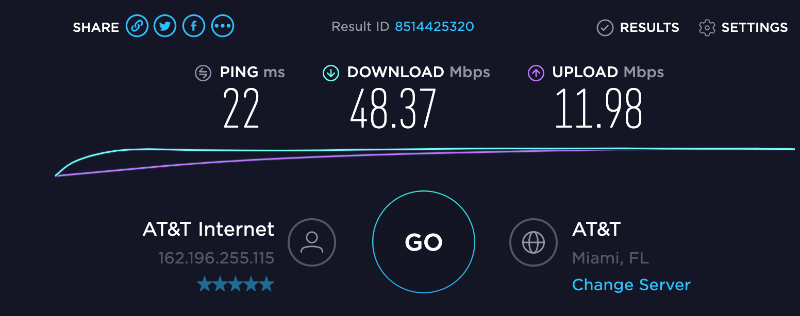
Image credit: Unsplash
Virtual Private Networks (VPNs) are very good tools for online enhancement, censorship avoidance, anonymous file sharing, and more. But nowadays there are literally hundreds of such services, so it may be a bit tricky to pick the one that will suit you. Today we will share three practical tips that will help to solve this task.
How many servers and where the service has
When it comes to web browsing, the number of VPN-servers your service has and their physical location are crucial factors to consider. Geography is important because if you want to access US media website like Netflix, your IP-address needs to be from this country too. Otherwise, although your connection will be encrypted and secured, you won’t be able to get access to desired content.
Good VPN service has at least several servers to connect located in multiple countries. Here is the list of free VPN services, which could be used for lifting up the level of privacy on the web.
How fast your browsing will be
VPN service providers sometimes publish their connection speeds. However, the best thing to do here is to google reviews (e.g., some Quora discussions) before installation to form some expectations, and then start a trial and run a connection speed test — before and after enabling of your VPN.
To do so, you can use a website like this one. It will give you a clear understanding of what your final speed will be after you start using new service. Any VPN will slow your connection down, you just to know what to expect.

What information the service will access
It is often stated on the web that “you should choose paid VPNs as they never use your information, unlike the free ones” which is not entirely correct as there is no direct correlation between monetization policy of the service and its approach to user data storage. More wise tactic here is not to just believe that if you’ve paid for your VPN than your data will not be sold to any other business, but carefully read the privacy policy.
This document should state in clear words (not just in “legal” language) what information types and for what purposes VPN provider will collect, and by what means this will be done.
Some free VPNs may collect anonymous information and some personal data of users. This may include approximate geolocation, equipment specifications, type and browser version, date of software installation, operating system type, release and language, registry entries, the addresses of URL requests with the appropriate timestamps. Such information is needed to provide the better service, to understand what features are in higher demand by end users and make it more secure.
Personal information, in turn, includes IP address, name and email address (if provided upon registration), payment details, etc. Such data is collected for several purposes: first, it allows VPN developers to provide users with the best interface and most appropriate options, functions, opportunities, offers, marketing materials. Second, it will enable devs to provide users with technical support and respond to their questions and concerns faster.
Especially if no consultationtakes place with a reputable SEO Agency to protect rankings or a Web Design Agency that understands high conversion strategies. (remember Basecamp redesign?)